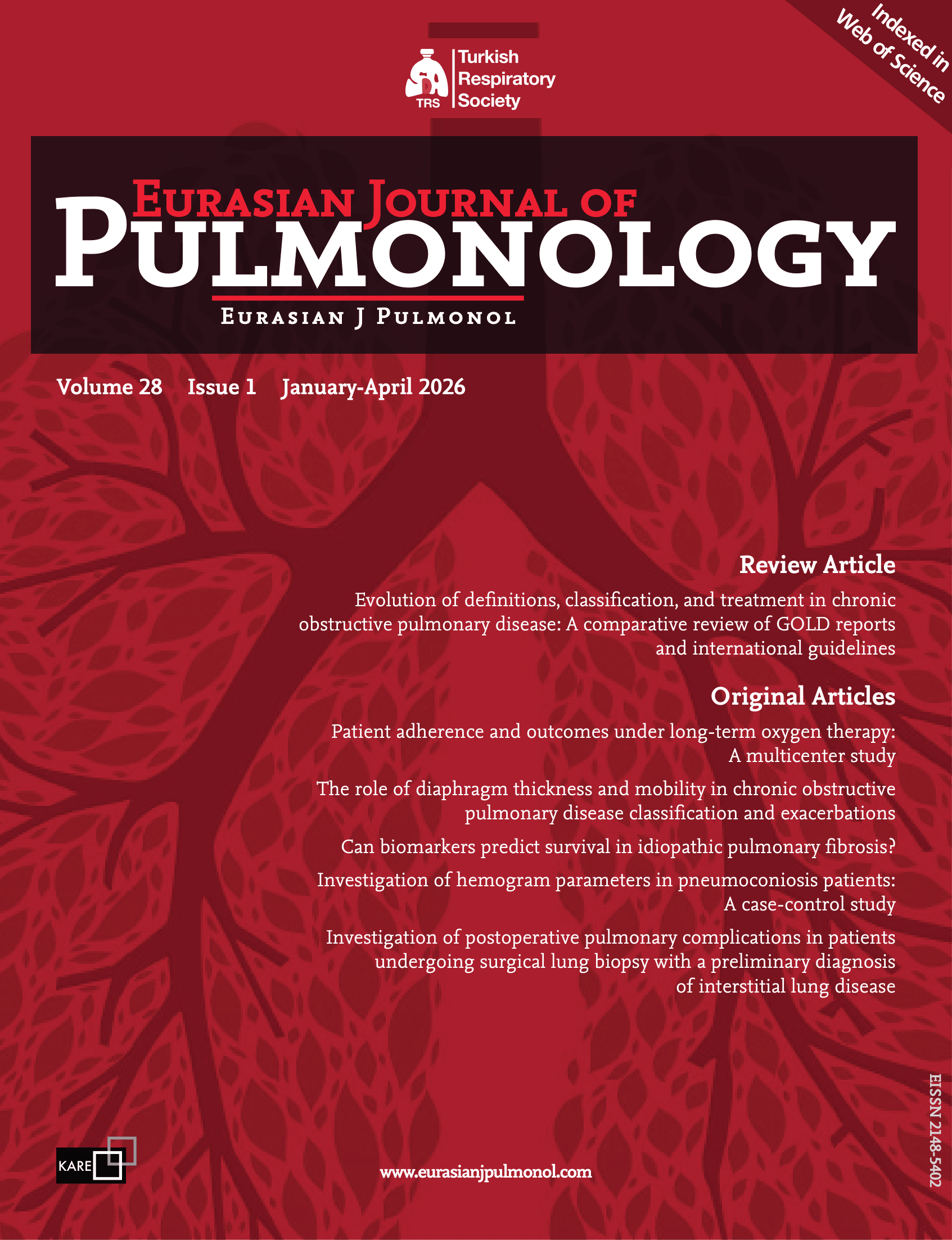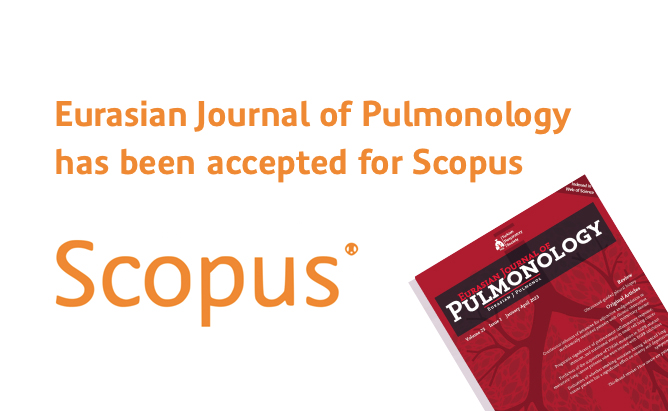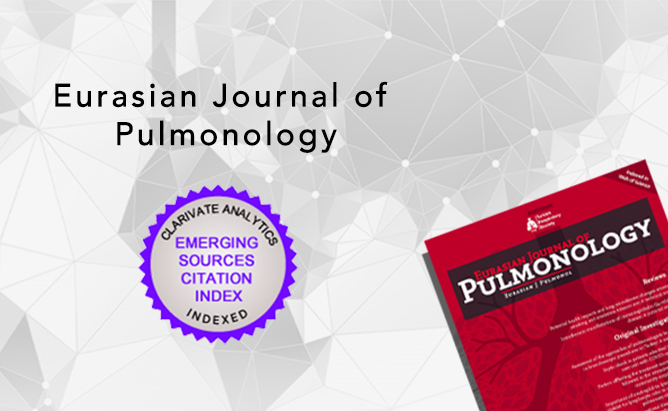Abstract
Coronavirus Disease 2019 (COVID-19), a highly infectious disease caused by Severe Acute Respiratory Syndrome Coronavirus 2 (SARS-CoV-2), has emerged as a global pandemic. The disease has a range of manifestations in terms of severity; it mainly causes respiratory dysfunction but can also lead to damage in multiple organs. Although the majority of COVID-19 patients can fully recover, severe cases may result in post-infectious complications. Pulmonary fibrosis is one of the severe long-term complications reported in COVID-19 that may lead to permanent lung damage or death. The long-term sequelae of COVID-19 raise significant global health concerns related to the pandemic. Currently, there is no proven effective strategy for managing post-COVID-19 pulmonary fibrosis. As its incidence is estimated to increase in the near future, it is important to learn about and stay updated on the progress of this disease. This article explores and discusses the latest clinical evidence on post-COVID-19 pulmonary fibrosis, including the underlying mechanisms, potential risk factors, and appropriate management options.




 Sandy Nur Vania Putri1
Sandy Nur Vania Putri1 




